Medics Aid Afghans in Remote Villages
 Army Spc Chad E Brown, a combat medic with the 1st Battalion, 4th Infantry Regiment,
Army Spc Chad E Brown, a combat medic with the 1st Battalion, 4th Infantry Regiment,cleans an Afghan girl’s burned leg, July 24, 2009, at Forward Operating Base Baylough
in Afghanistan’s Zabul Province.
 Army Spc. Chad E Brown, examines a girl in a village
Army Spc. Chad E Brown, examines a girl in a villagein the Deh Chopan district of Afghanistan’s Zabul province.
(Click on picture to enlarge, and note the clothing & jewelry on the child)
 Army Spc. Chad E Brown examines a boy’s wound in a village in the Deb Chopan district of Afghanistan’s Zabul province.
Army Spc. Chad E Brown examines a boy’s wound in a village in the Deb Chopan district of Afghanistan’s Zabul province.All photos by Spc Elisebet Freeburg, U. S. Army
Medics Aid Afghans in Remote Villages
By Army Spc. Elisebet Freeburg
Special to American Forces Press Service
Army Spcs. Chad E. Brown of Red Oak, Texas, and Rodrigus I. Purdiman of Cairo, Ill., both assigned to Forward Operating Base Baylough in Afghanistan, said they are dedicated to helping ill or injured Afghans.
"The impression we try to leave is that America is here to help them in their lives and not to hurt them in any kind of way," Purdiman said.
Purdiman and Brown rotate their duties, with one medic managing the forward operating base aid station, while the other medic accompanies soldiers on daily patrols. Most of the patrols trek through mountainous terrain to villages in the Deh Chopan district of Afghanistan's Zabul province.
"When we're on patrol we provide aid -- humanitarian aid or first aid -- for citizens," Brown said.
On occasion, villagers will approach the soldiers to ask for medical care. But typically, the patrol leader will ask village leaders if anyone is ill or injured. The medics aren't always able to treat some patients solely with supplies from their aid bag.
"The hard part is they don't like to come in, for whatever reason, on their own," Brown said. "But I'll urge them to come into the aid station and let me take care of them a lot better than in the field."
Baylough's aid station contains basic wound-cleansing equipment and bandages, as well as pain medication. The most high-tech piece of equipment in the station is an oxygen tank, Brown said.
Even though helicopter flights to Baylough often are sporadic due to enemy fire, the aid station never has exhausted its medical supplies. Brown monitors supply levels, keeping about four weeks of supplies on hand.
"We're able to do what we're trained to, with what we have, but there's a lot of improvisation," Brown said.
Burns, especially among children, are the most common injuries the medics said they see in the remote villages around Baylough. Since there is no electricity, villagers use fire for everything from cooking to a light source. The medics have treated burn victims ranging from infants to 10-year-olds.
"It's hard to work on the kids, especially the young ones," Brown said.
The medics also have treated Afghans injured by explosives. If the wound is minor, the medics are able to treat it there. For more serious injuries, they request a medevac for transportation to the forward surgical team at Forward Operating Base Lagman or to the Kandahar Airfield hospital. Brown said he was trained to insert chest tubes and sew sutures at a NATO-sponsored medical patrol course in Germany, making him able to stabilize patients for up to 72 hours while awaiting evacuation.
Both medics said the language barrier makes treating civilians difficult. They always work with an interpreter, but there is no guarantee of an exact translation, Purdiman said.
(Army Spc. Elisebet Freeburg serves in the Joint Sustainment Command Afghanistan public affairs office.)
The Afghans dress their children in such bright and sparkly clothing - quite remarkable.
Gratitude to our troops for their compassion and care.
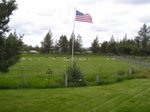


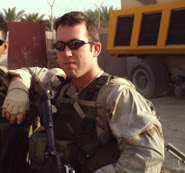










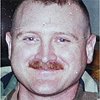


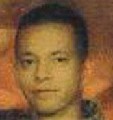









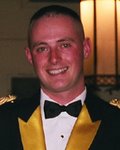






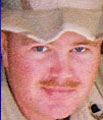
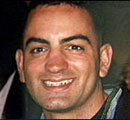




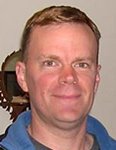
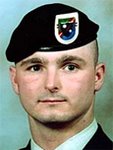




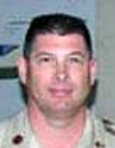
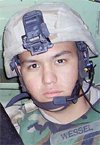
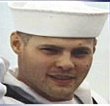
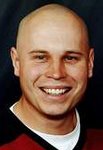
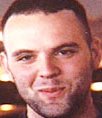
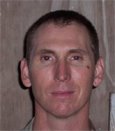

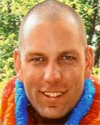
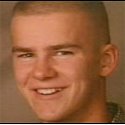
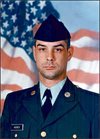


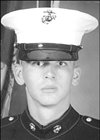
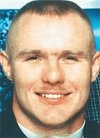
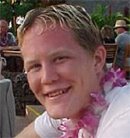

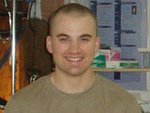

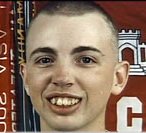


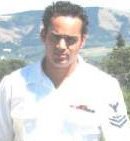

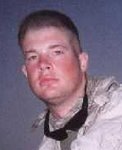
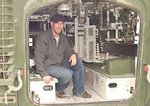
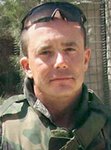

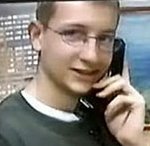

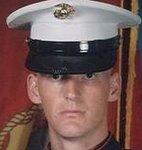
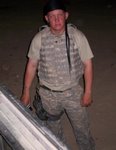
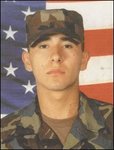
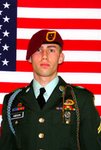

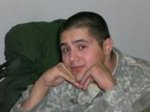
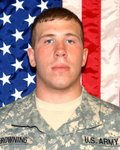





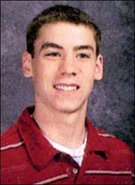
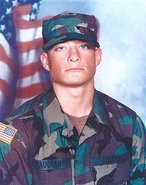
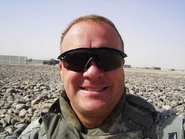
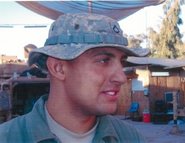
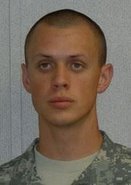
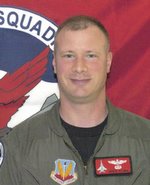
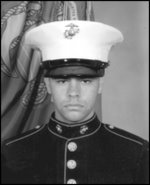
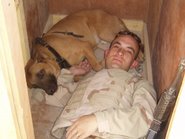
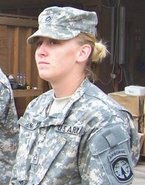
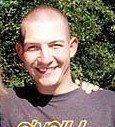
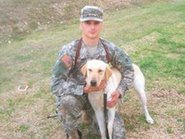

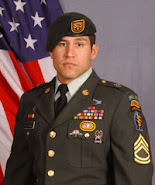

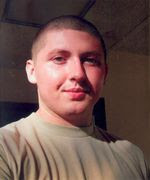



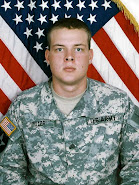
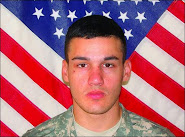



No comments:
Post a Comment